What is the most common vitamin deficiency?
Arm yourself with knowledge about the most common vitamin deficiency to avoid missing out
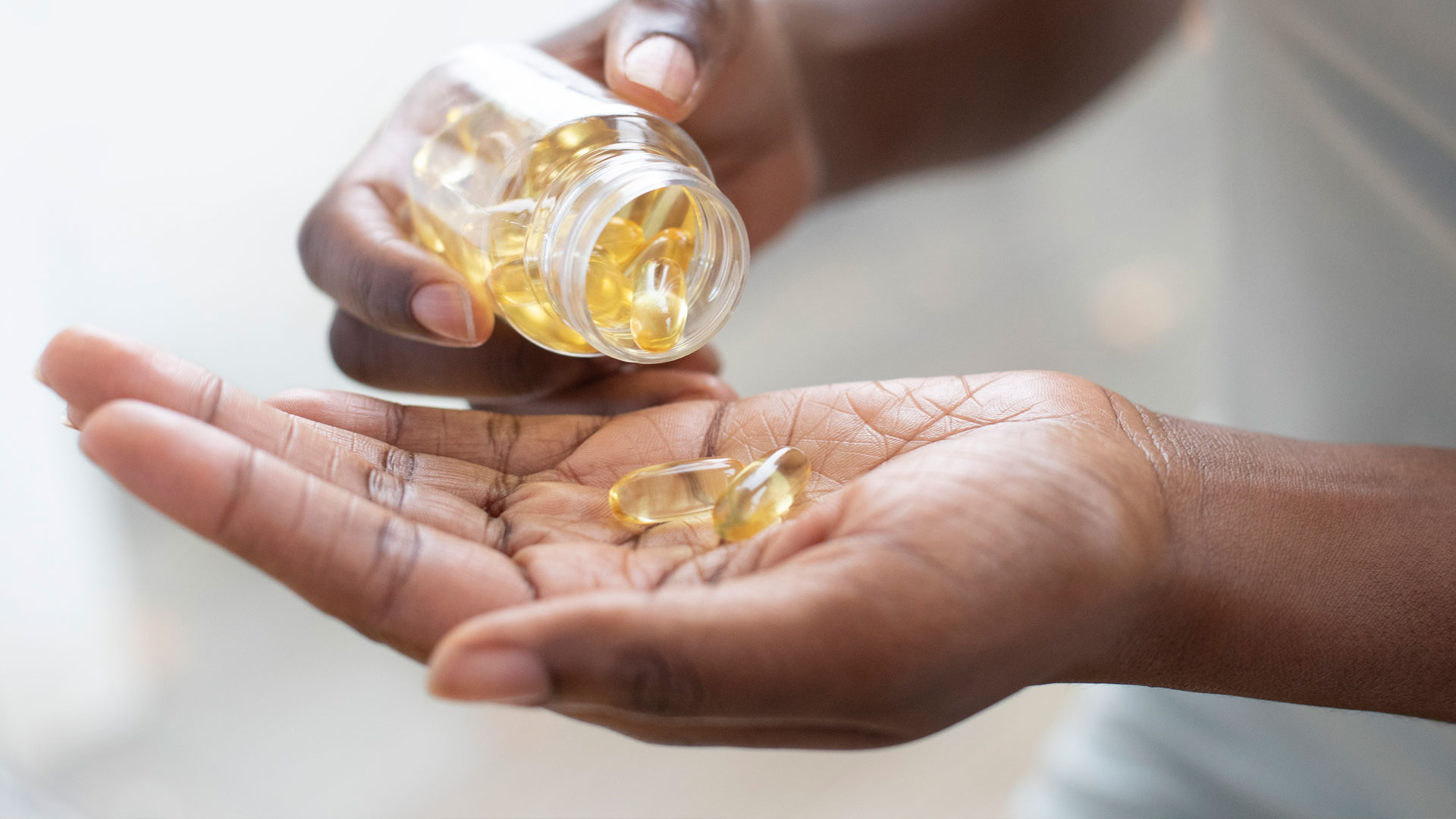

Ever wondered: what is the most common vitamin deficiency? There’s no definitive answer as it varies by age and other characteristics, though vitamins B6, B12, and D are often viewed as the most common vitamin deficiency.
Eating a nutrient-dense, balanced diet is essential for optimal health. Vitamins are responsible for vital functions in the body, and deficiencies can have wide-ranging effects on everything from our mood to our memory.
Vitamins can be a complex topic, but help is at hand as we’ll ask for advice from the experts. We’ll dive into the science behind the most common vitamin deficiency and explore how this changes with age. Keep reading for signs of common deficiencies to spot and address problems early.
One symptom of vitamin deficiency is joint pain, so if that sounds like something you need help with, check out our guide to the best supplements for joints.
For now, let’s dive into the evidence behind the most common vitamin deficiency.
What is a vitamin deficiency?
So what exactly is a vitamin deficiency? Jerlyn Jones, registered dietitian, spokesperson for the Academy of Nutrition and Dietetics, and owner of the Lifestyle Dietitian, explains: “A vitamin deficiency simply means that you are not consuming enough of a vitamin which may cause your body to develop mild to severe symptoms. A person’s vitamin intake may be inadequate because of dietary restrictions for weight loss, poor appetite, illness, or not enough food to eat.” Another factor is a busy lifestyle where we prioritize convenience food over nutritious meals.
As we get older, we are more prone to vitamin deficiencies for several reasons. Nadia Achha, Head Nutritionist at Counterpoise Wellness explains why. “Typically, more medications are prescribed in this population that can impact the uptake of certain vitamins. Overall reductions in food consumption affect nutrient intake and [there is] reduced absorption due to a less efficient digestive system.” It’s worth taking extra steps with vitamin intake as we get older to maintain optimal health.
Get the Fit&Well Newsletter
Start your week with achievable workout ideas, health tips and wellbeing advice in your inbox.
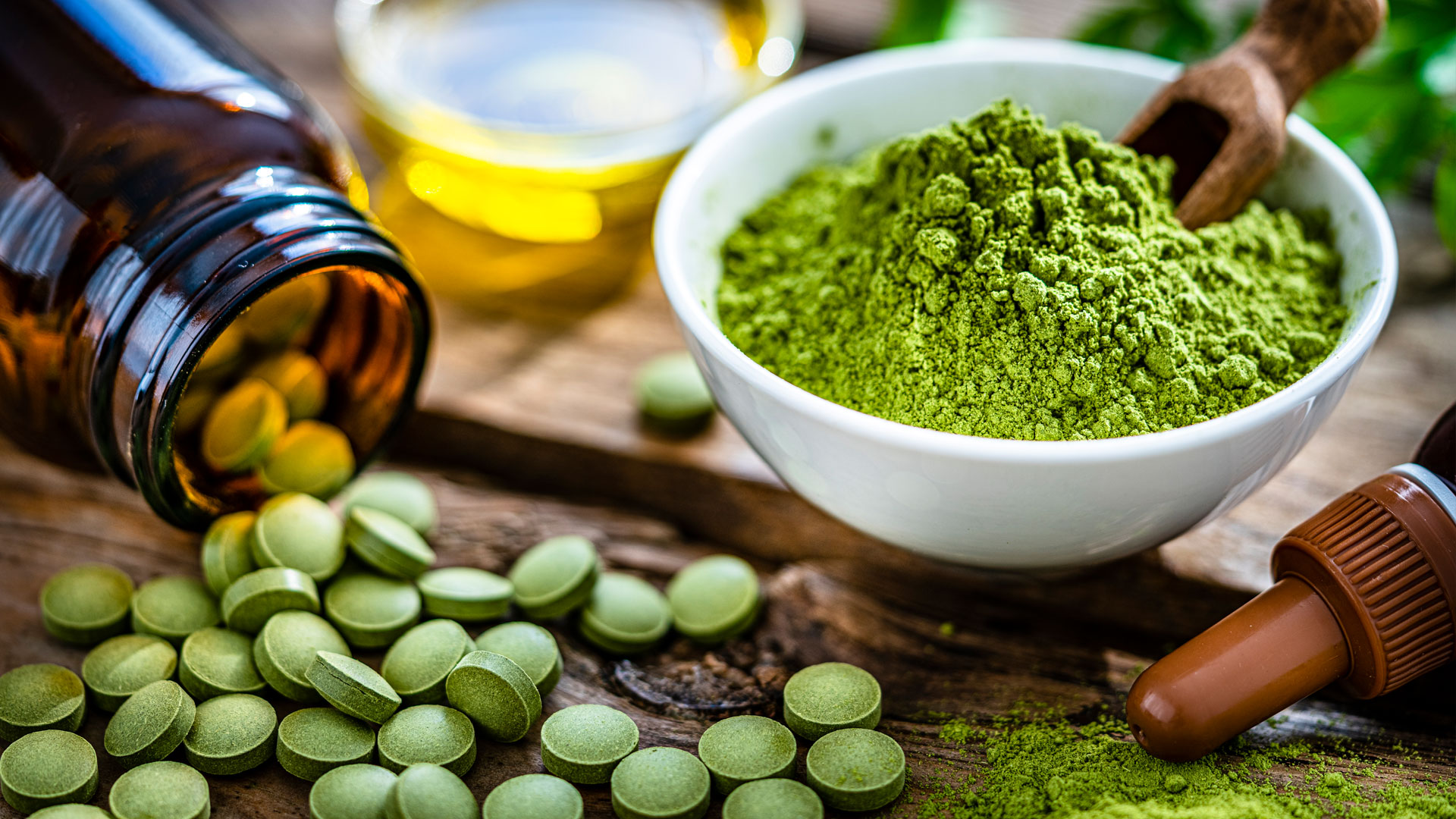
What’s the most common vitamin deficiency?
It’s difficult to single out the most common vitamin deficiency as it differs depending on the age group. “Deficiencies vary so much as they typically depend on an individual, including their health status, diet, lifestyle, medications, and supplementation,” explains Achha. Vitamin B6, D, and B12 are often viewed as the most common vitamin deficiency in the US. Here’s what the science tells us about each one.
Vitamin B6
2017 research in Nutrients identified B6 as the most common vitamin deficiency for people over nine years old. B6 is responsible for a variety of functions, such as releasing energy from food and creating red blood cells that transport oxygen to the body. You’ll want to watch out for B6 deficiency if you’re in one of the at-risk groups. This includes smokers, people who are obese, those with alcohol dependency, and pregnant women.
“Many deficiencies in vitamin B6 are associated with low levels of other B vitamins, such as vitamin B12 and folate,” explains Jones. B6 deficiency rarely occurs in isolation and is a sign that you may have other deficiencies.

Vitamin D
Vitamin D affects 42% of Americans and is even more prevalent in black and Hispanic populations, according to a 2011 study published in Nutrition Research. Vitamin D boosts your mood and your immune function. Known as the sunlight vitamin, it is produced through exposure to the sun. It’s for this reason that many lack vitamin D, whether that’s due to using sunblock to protect against harmful rays or spending time indoors.
If you have darker skin, you’re more at risk of vitamin D deficiency as it’s less easily absorbed. “Fortified dairy products, fortified orange juice, salmon, and tuna are all food sources of this important nutrient,” advises Jones.
Vitamin B12
Up to 20% of over 60s are deficient in B12 according to 2021 research published in Nutrients. Vitamin B12 plays a vital role in the healthy function of red blood cells and affects memory, concentration, and energy levels.
“Age is associated with health conditions that may reduce the absorption of vitamin B12,” says Jones. Paying attention to B12 intake is increasingly important as you get older. Vegetarians and vegans should also keep an eye on B12 levels as there are limited plant-based sources. The good news is that there are many fortified foods to bridge the gap.

How can you tell if you’re deficient in something?
Unsure whether you have a deficiency? You may start to experience symptoms that are your body’s way of communicating that you’re not getting sufficient vitamins. It’s a sign you may need to adjust your diet. Here are the symptoms of common vitamin deficiencies.
Vitamin B6
Look out for signs like cracks on the corners of the mouth, a swollen tongue, depression, and susceptibility to infections. All of these are potential signs of a deficiency according to the Office of Dietary Supplements.
Vitamin D
“Vitamin D deficiency may look like bone pain, muscle weakness, or increased infection,” says Jones. “It can lead to a loss of bone density, which can contribute to osteoporosis and broken bones,” she adds. You’ll want to ensure adequate levels of vitamin D as you get older when there’s an increased risk of fractures and falls.
Vitamin B12
Signs of a B12 deficiency include feeling tired, tingly hands and feet, depression, and poor memory according to the Office of Dietary Supplements. The symptoms build up gradually and are easy to miss.
“Other common signs of nutrient deficiency include bleeding gums, hair loss, brittle hair and nails, fatigue, and memory loss,” says Jones. Yet vitamin deficiencies are not always easy to spot. “Sometimes people are asymptomatic or only have very mild symptoms. Some people never think of their symptoms as significant, so it’s easy to miss,” explains Achha. If you suspect you have a deficiency, your doctor will be able to determine your vitamin levels and provide advice.
So, the most common vitamin deficiency varies depending on age and other factors. Try to consume all of the vitamins you need through a nutrient-dense diet first. You may need to take a supplement depending on your individual circumstances.
To learn more about staying healthy as you age, here are eight foods to improve your joint pain and 6 exercises for knee pain.

Louise Bond is a UK-based writer specializing in health and wellbeing. She has over eight years of experience in management within health and care and brings this passion and expertise to her writing. Louise has been published in The Guardian, Live Science, Fit & Well, Tom’s Guide, T3, Top Ten Reviews, Planet Mindful, Breathe, and Psychreg. She is happiest when she is out in nature, whether that’s on an invigorating hike or pottering in the garden.
-
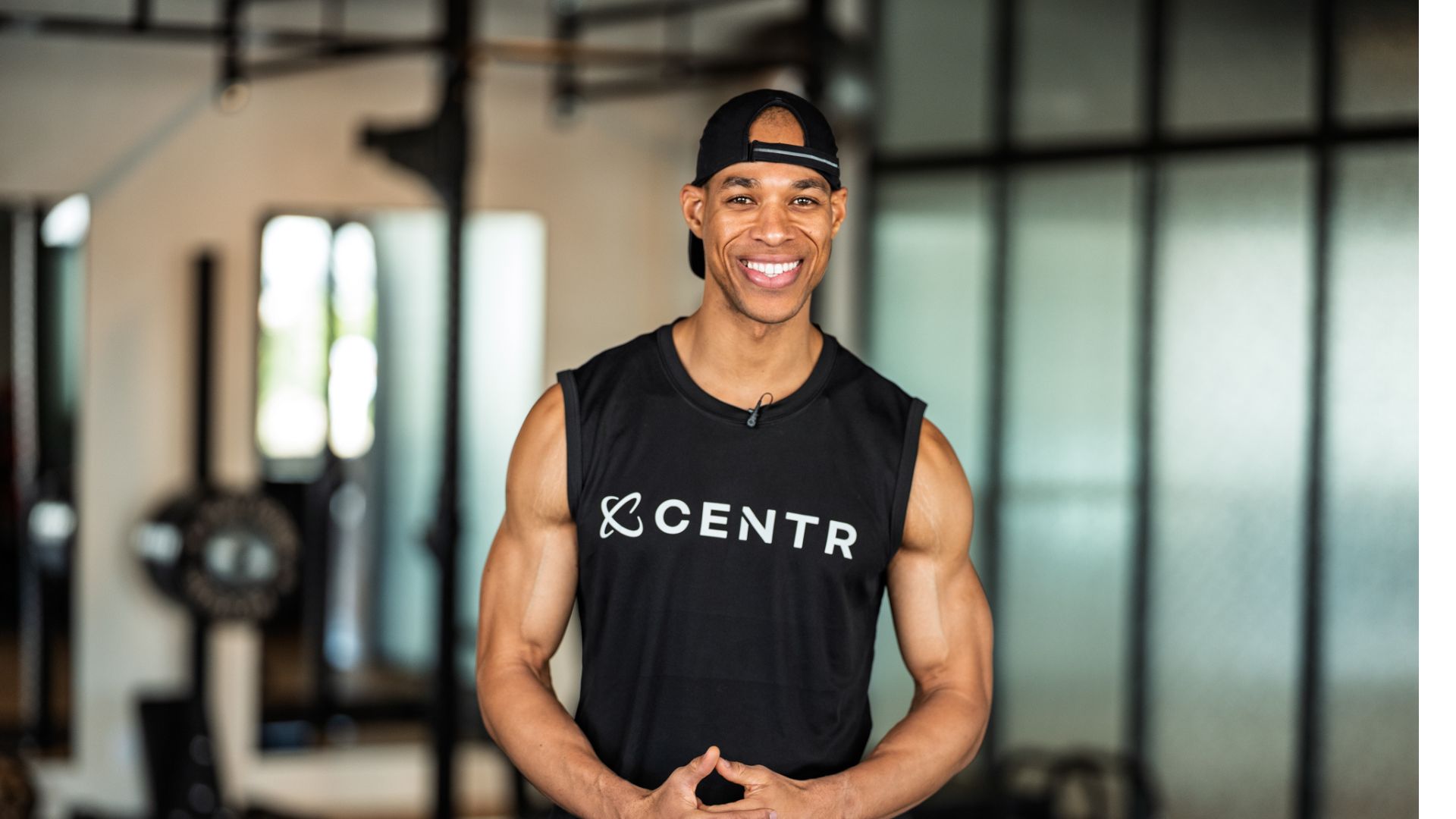 I do these two things every day to stay fit and healthy, says the newest star trainer on Chris Hemsworth's fitness app
I do these two things every day to stay fit and healthy, says the newest star trainer on Chris Hemsworth's fitness appHere's how Centr's Korey Rowe trains for longevity
By Sam Rider Published
-
 I thought sports weren't for me, until I realised they're a game-changer for ticking off cardio
I thought sports weren't for me, until I realised they're a game-changer for ticking off cardioI swapped HIIT and running for tennis—and I've never felt better
By Alice Porter Published
-
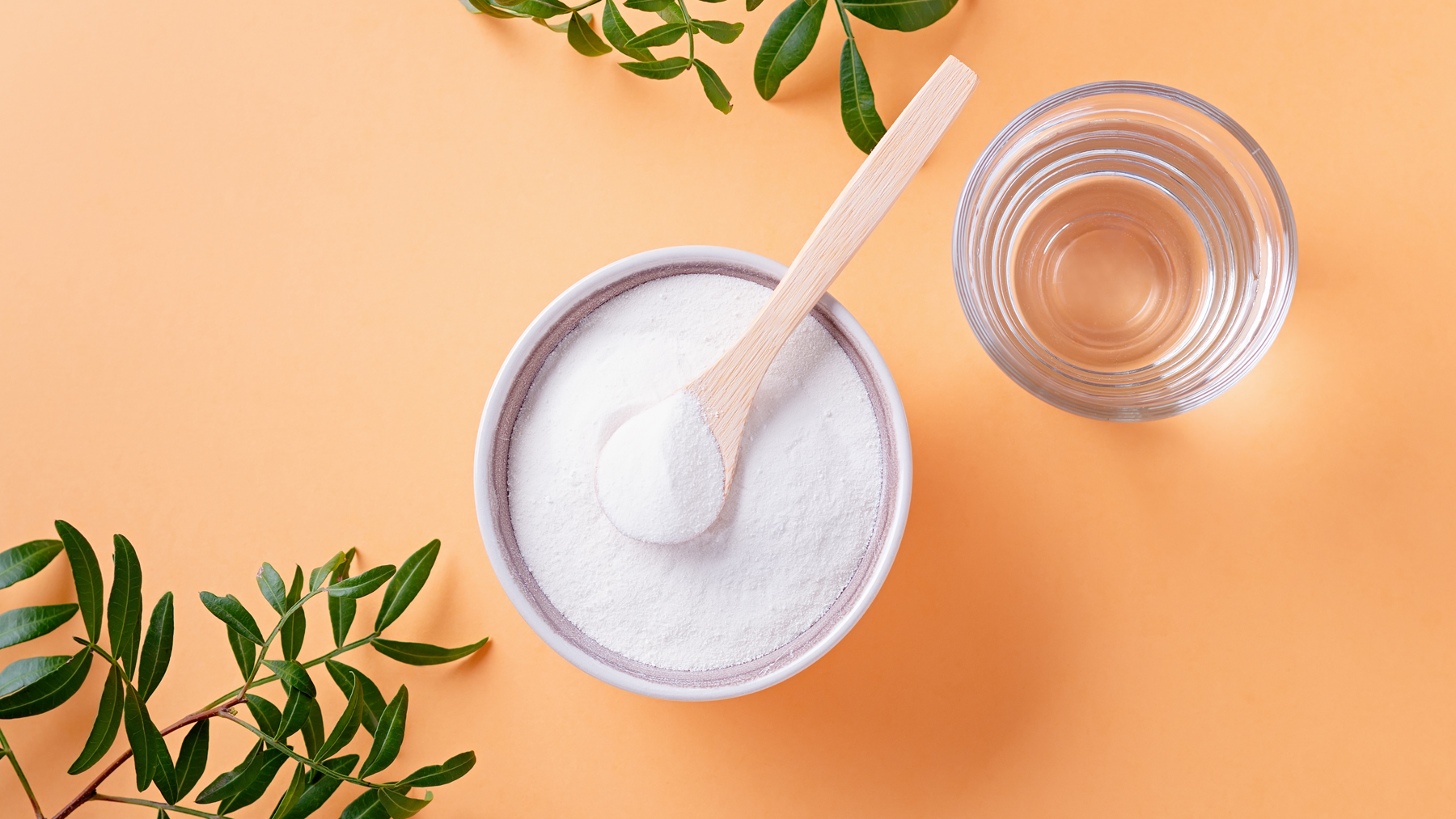 What does collagen do?
What does collagen do?Health What does collagen do? Professor Rod Hughes, a rheumatology expert, explains how collagen affects our bones, muscles, and skin as we age
By Jessica Downey Published
-
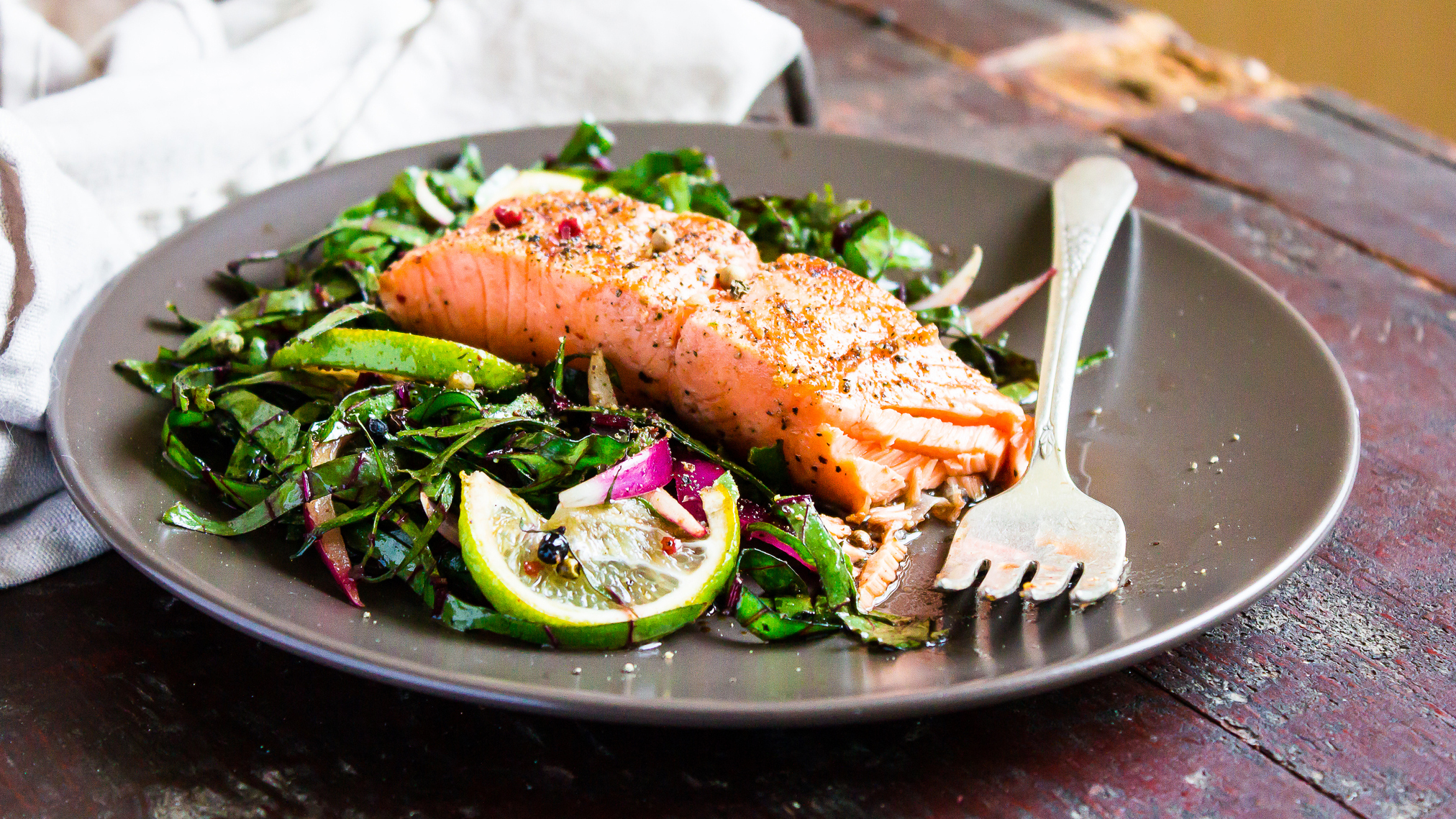 Food for joint pain: Eight anti-inflammatory ingredients to reduce joint pain
Food for joint pain: Eight anti-inflammatory ingredients to reduce joint painNutrition Eating food for joint pain is a low-cost way to improve your diet and protect your body
By Maddy Biddulph Published